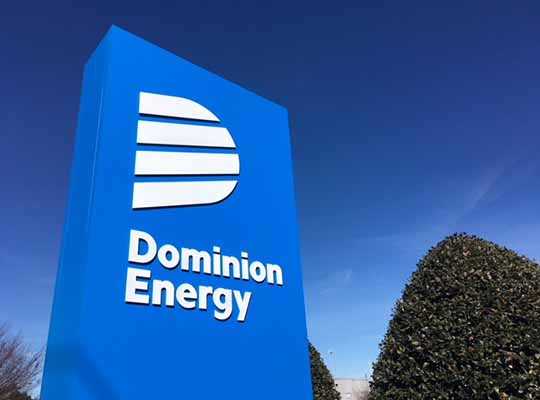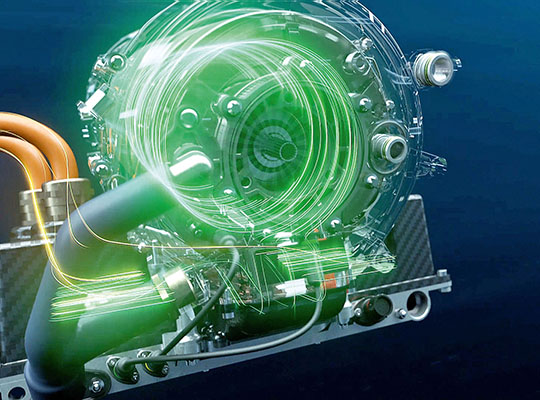RICHMOND, Va. – Dominion Energy published an updated Climate Report highlighting potential paths that support the company’s target to achieve net zero Scope 1 emissions from its electric and gas operations by 2050. The report conforms to the Task Force on Climate-related Financial Disclosures (TCFD) framework and is consistent with 1.5-degree scenario modeling as well as the Paris Agreement on Climate Change.
Robert M. Blue, chair, president, and chief executive officer, said:
“Dominion Energy has been a leader in greenhouse emissions reductions over the past 15 years. Our customers expect safe, affordable, reliable, and increasingly sustainable energy — which is why decarbonization is at the center of our business strategy. Today’s report demonstrates our continued commitment to transparent progress toward our net zero ambitions.”
Key takeaways from the report include:
- A strong climate governance framework that guides the company’s corporate strategy and risk management processes;
- A variety of potential pathways to achieving net zero emissions consistent with the company’s goals;
- The need for ongoing, significant advances in technology and supportive public policy;
- A robust discussion of the risks, mitigants, and opportunities posed by climate change; and
- A description of the company’s emissions for Scopes 1, 2, and 3; its progress on reducing emissions; and its interim targets for Scope 1 emissions.
With the effects of climate change emerging globally, Dominion Energy has a vital role to play in reducing emissions. As the company transitions to net zero, it is thoughtfully exploring solutions that can accelerate decarbonization and help limit stakeholder exposure to risks, while remaining true to its mission of providing safe, reliable, and affordable service to millions of households and businesses in the U.S.
More than 7 million customers in 20 states energize their homes and businesses with electricity or natural gas from Dominion Energy, headquartered in Richmond, Va. The company is committed to sustainable, reliable, affordable and safe energy and to achieving net zero carbon dioxide and methane emissions from its power generation and gas infrastructure operations by 2050.













